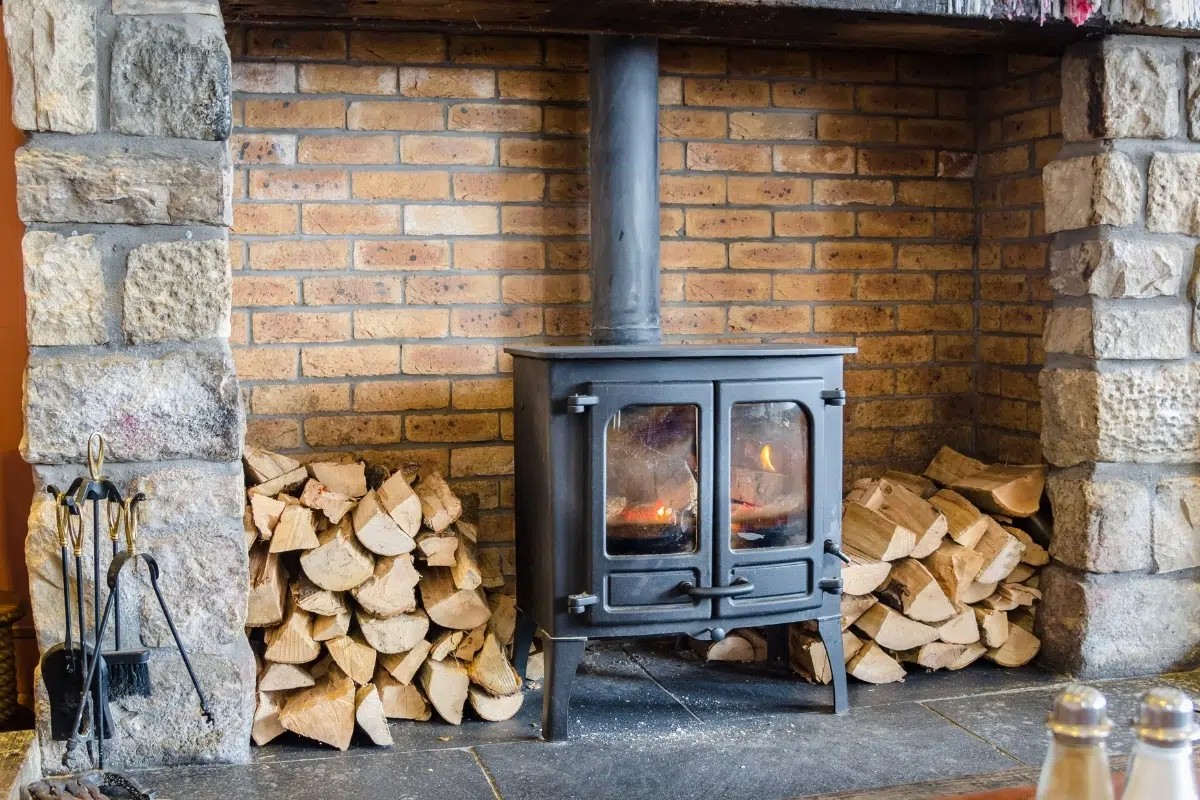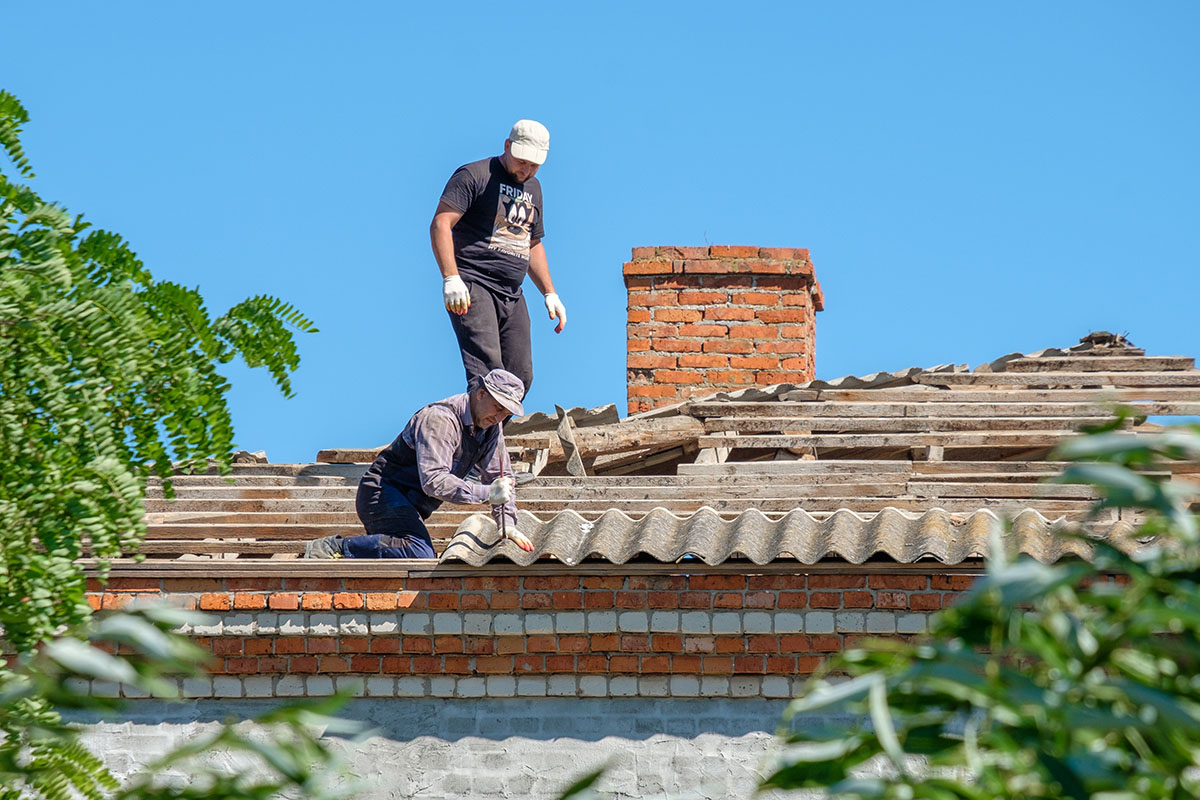
If you’re a homeowner, you’re probably familiar with the unpleasant smell that sometimes comes from your chimney and fireplace. This can be a frustrating and embarrassing issue, especially when you have guests over. But don’t worry – there are ways to tackle this problem.
Publisher’s Details:
United Home Services
[email protected]
unitedhomeservices.com
United Home Services provides a range of different chimney services in Texas including chimney cleaning, maintenance, and repairs to keep your home and family warm throughout the winters. Don’t forget to check out our blog post “5 Signs Your Chimney Requires Cleaning” for more information about how to judge when it’s the time to clean your chimney.
In this article, we’ll explore the reasons why chimneys and fireplaces can get smelly and what you can do about it.
Causes of a Smelly Chimney and Fireplace
Build-up of Creosote
Creosote is a tar-like substance that is created when wood burns. Over time, this substance can build up in the chimney and create a strong, unpleasant odor. Additionally, creosote is highly flammable, so it’s important to have it cleaned regularly to reduce the risk of a chimney fire.
Animals Nesting in the Chimney
Another common cause of a smelly chimney is the presence of animals, such as birds or squirrels, nesting in the chimney. Not only do these animals create a mess, but they can also attract other pests, such as insects, which can make the smell even worse.
Mold and Mildew
Mold and mildew can also grow in chimneys, especially if there is a lot of moisture present. This can create a musty, damp odor that can be difficult to get rid of.
Solutions to Eliminate the Smell
The best way to eliminate the smell from your chimney and fireplace is to have it cleaned regularly by a professional. Experts will remove any build-up of creosote, clear out any nests or debris, and clean the chimney to prevent mold and mildew growth.
In addition to regular cleaning, there are a few other steps you can take to reduce the risk of a smelly chimney. For example, you can install a chimney cap to prevent animals from nesting in the chimney and install a moisture barrier to reduce the risk of mold and mildew growth.
A smelly chimney and fireplace can be a frustrating problem, but there are solutions. Regular cleaning by a professional can help eliminate the unpleasant odor and reduce the risk of fire.




